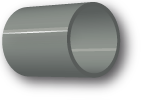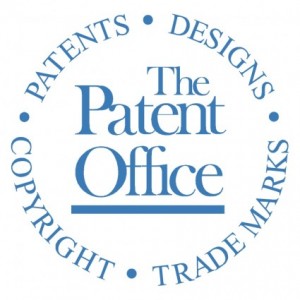Patentability search
When an invention is submitted to us, we first start by checking the novelty criterion by means of a patentability search. The aim of this search is to determine precisely the prior art that is closest to the invention. To complete the search, a report is established that contains a list of patents and possible articles published by third parties that raise concerns as to the patentability of the invention, as well as our advice for protection.
The costs of the patentability search are invoiced according to a flat fee agreed in advance, often around CHF 3’500 + VAT for an invention of average complexity.
Nearly half of the inventions that are submitted to us are abandoned in the light of the patentability search report, when the inventors become aware that the prospects of obtaining protection do not justify the costs or efforts. In this case, the patentability search that was carried out enables the applicant to achieve considerable cost savings by avoiding the filing of a useless application.
Should the procedure on the other hand continue with the drafting of a patent application, the patentability search makes it possible to ascertain which characteristics – in a project that contains several innovations – can be effectively protected and to optimize the drafting of an application to highlight clearly the differences between the new invention and the documents uncovered by the search.
The patentability search report is also accompanied by one or several suggestions as to the strategy for protecting the invention, taking into account the commercial prospects of the invention, the uncovered prior art and the applicant’s budget.















